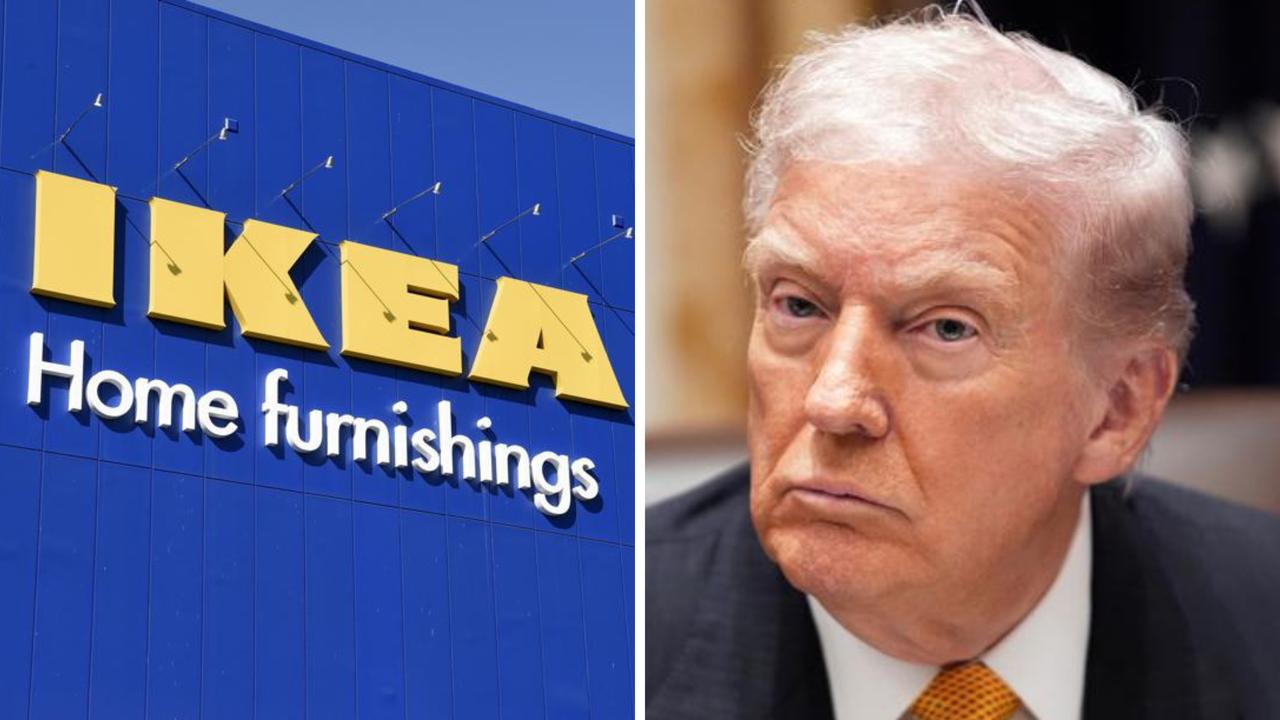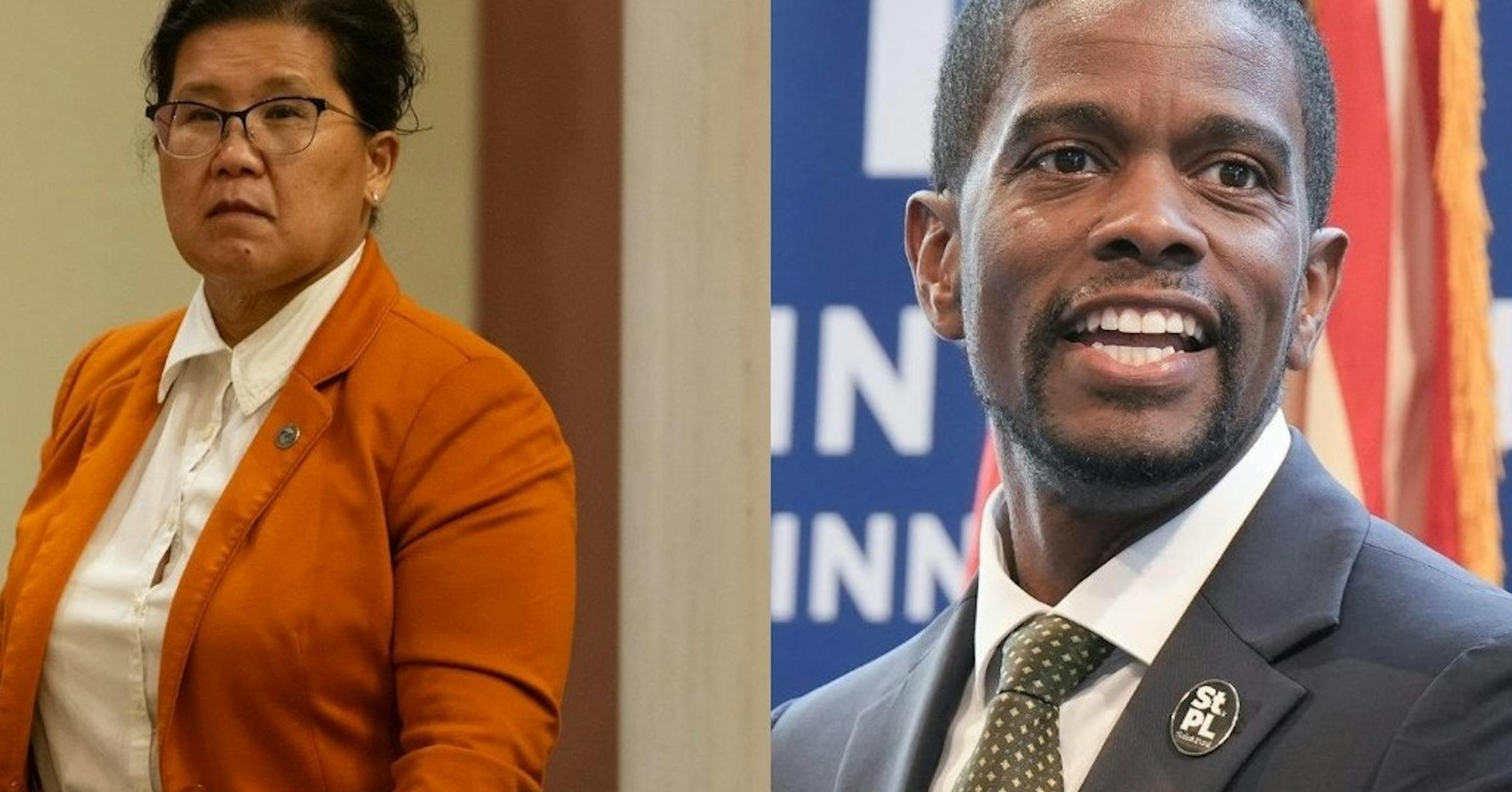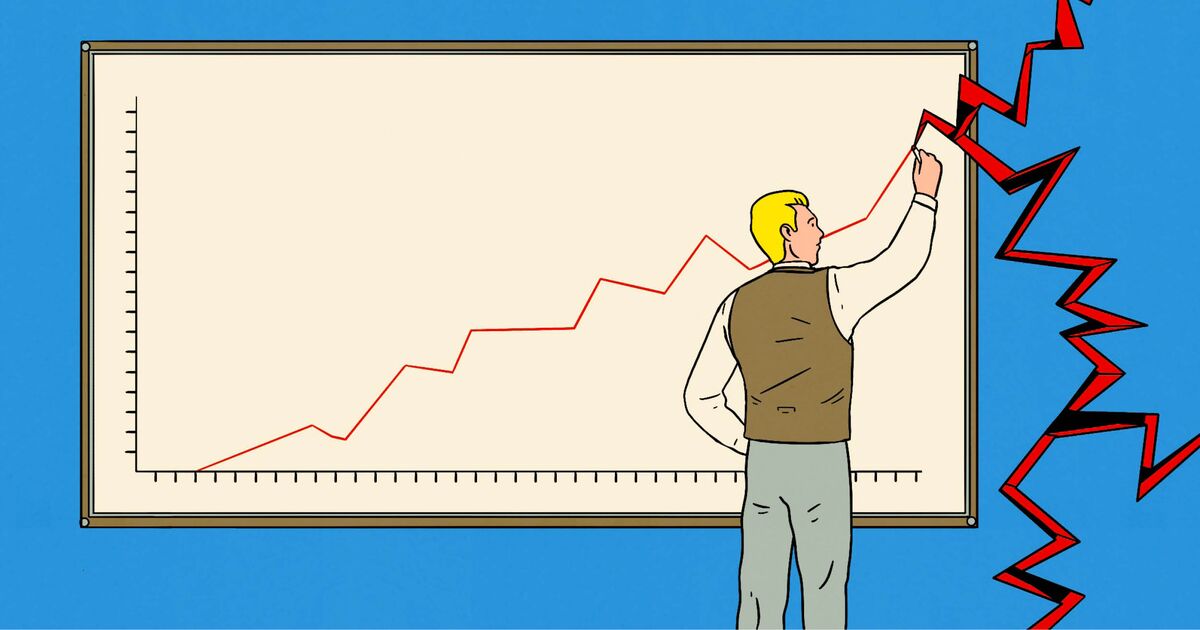Copyright news

The company said its profit after tax for the 2024-2025 fiscal year dropped 32 per cent to €1.5 billion ($2.67 billion). “We saw effects based on the big price decreases,” chief financial officer of main holding company Inter Ikea, Henrik Elm, told AFP in an interview. After bumping prices following the Covid pandemic, the Swedish retail giant has allocated between two- and three-billion euros to reduce prices by 10 per cent over the past two fiscal years. “To lower our prices to our customers is a part of our business model and business idea,” Mr Elm said. While 10 per cent was “a very big price decrease”, he said it had worked to break the trend and brought in both higher sales volumes and visitors to their stores. Ikea’s sales for its fiscal year ending in late August decreased by 1 per cent to €44.6b ($79.4b), but sales volume increased by 2.6. per cent and the number of store visitors rose by 1.9 per cent. Inter Ikea’s operating profit fell by 26 per cent to €1.7b ($3b) as a result of the lower prices combined with increased supply chain costs. “The higher sourcing costs included the costs for increased tariffs, which have been partly absorbed,” Inter Ikea said in a statement, referring to import taxes imposed by US President Donald Trump. The North American market accounts of 10 per cent of Ikea’s sales. At the same time, Inter Ikea has stocked up store’s inventories to ensure greater availability of products, Mr Elm noted. “We are looking cautiously optimistic on (2026) and beyond because we are in a very good position to take the benefits we can,” he said. Consumer sentiment in US worst since 2022 The sharp fall in profits come as, in the US, consumers’ perception of the economy reached the lowest level since mid-2022, as the ongoing government shutdown fuels household worries. The world’s biggest economy has held up in the wake of the Covid-19 pandemic, with its resilience attributed to a robust jobs market and continued household spending. But the labour market has been cooling recently – the President’s waves of tariffs, and rapidly changing trade policy, resulting in considerable uncertainty for households and businesses. The University of Michigan’s index of consumer sentiment dropped by 6 per cent this month, preliminary estimates indicate, to a reading of 50.3 from October’s 53.6 figure. The fall was led by concerns surrounding personal finances and year-ahead expectations for business conditions, the report said. It also flagged that the US government shutdown, which has entered its 38th day, has led consumers to express concern about “potential negative consequences for the economy”. “This month’s decline in sentiment was widespread throughout the population, seen across age, income, and political affiliation,” survey director Joanne Hsu said. A notable exception to the trend is that consumers with larger stock holdings were bullish, given the strength in stock markets. For now, even though inflation expectations for the year ahead have crept up slightly, they are below readings earlier in the year. For now, even though inflation expectations for the year ahead have crept up slightly, they are below readings earlier in the year – when Mr Trump first rolled out his biggest slate of global tariffs.



